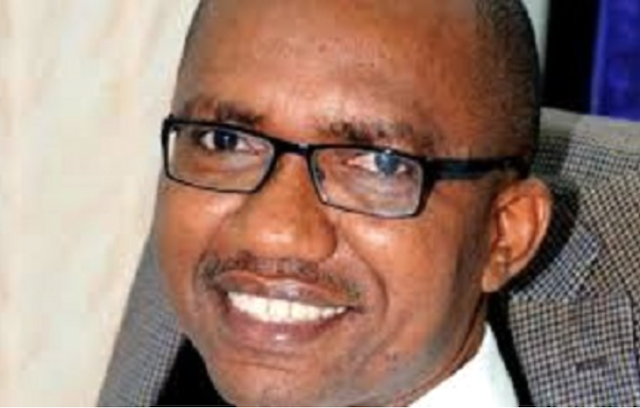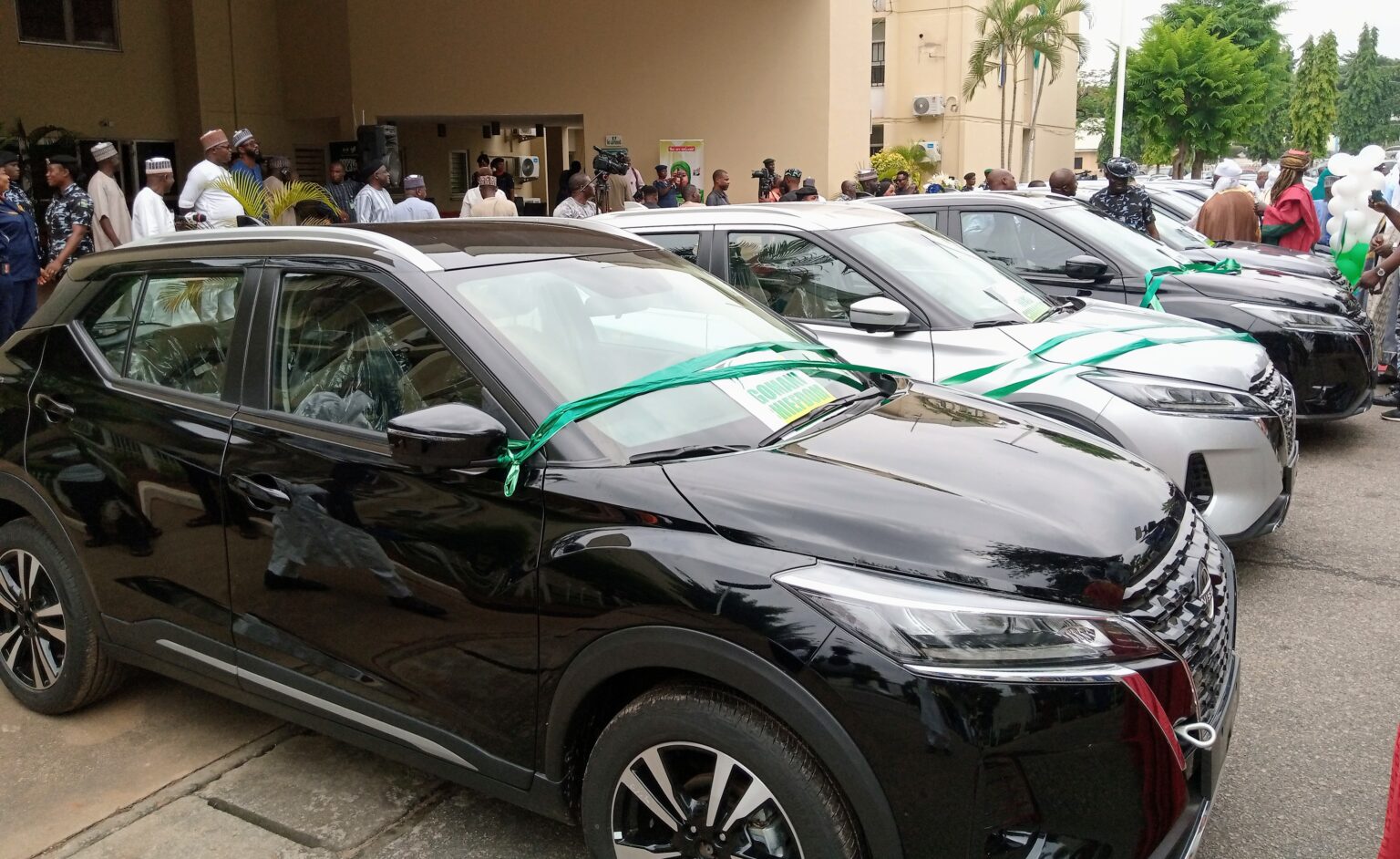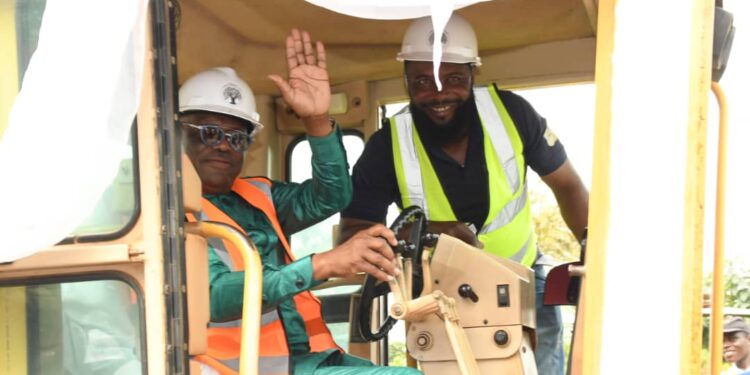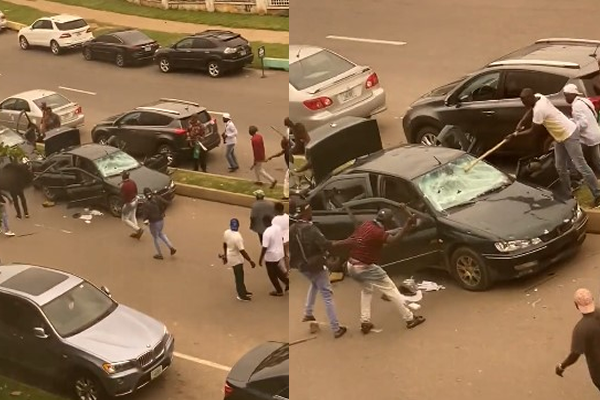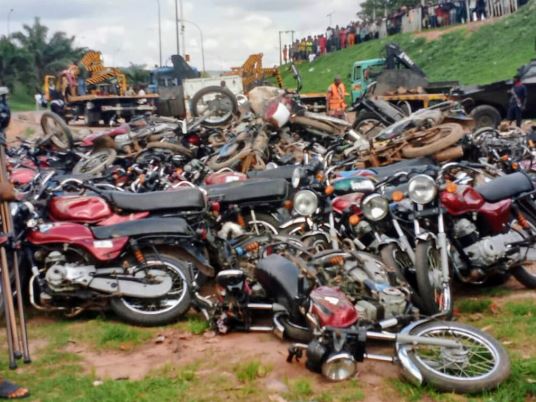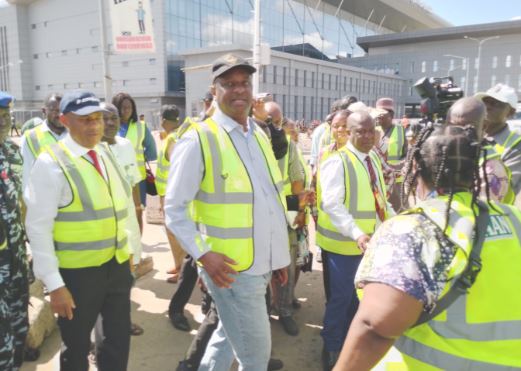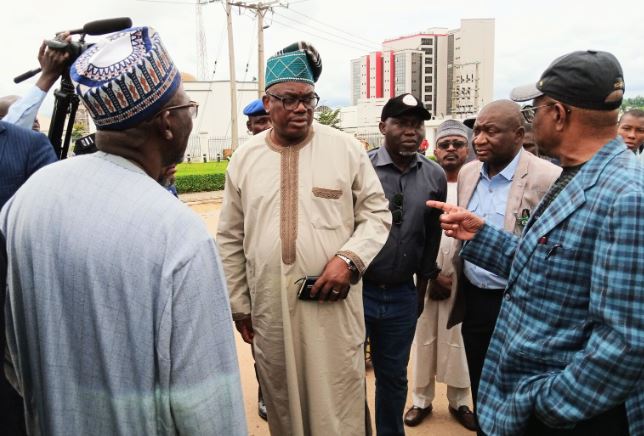It’s not often that you meet Supreme Court justices, serving or retired. I first met retired Justice Sunday Akinola Akintan casually at a reception in Abuja, for my friend and radical lawyer, Yinka Olumide-Fusika, who had been admitted to the inner bar. Then, we met again about one year later, this time, through his book.
Years after his retirement from the Supreme Court in 2008, Justice Akintan wrote a book, entitled, “Reminiscences: My Journey Through Life,” which Olumide-Fusika, SAN, asked me to review. What struck me was one of Akintan’s motivations for writing the book. It was an answer to T.O.S Benson’s advice not to be buried without writing a book, which would be a waste of a life’s worth of library.
If his lordship decided to write just to remember the road he travelled and to share his odyssey, it would still have been a good book. But it was even better because in a profession where the burden of office elevates discretion almost to the oeuvre of a cult, his desire to shed light is a valuable gift.
There are a couple of rare insights in the book. One of them, which has assumed significant monstrosity over the years, is how the judiciary could not see that getting more and more involved in deciding electoral outcomes would drag it in the mud.
Or maybe the judiciary saw it but decided, with a helping hand from the inner bar, to take Oscar Wilde’s advice to overcome the problem by yielding to it. And now, it’s beyond entanglement; the Bench is enmeshed!
Over 10 hours of studiously reading a judgment which five judges of the Court of Appeal must have thought was their utmost to deliver justice still left behind a trail of disenchantment, suspicion and criticisms. Not a few, rather sadly and regrettably, still believe it was the judicial equivalent of a grudge match.
As it was…
The judgment of the Presidential Election Petition Tribunal (PEPT) last week in the case involving the presidential candidates of the Peoples Democratic Party (PDP), Atiku Abubakar; Peter Obi of the Labour Party (LP); and the Allied Peoples Movement (APM) in which the panel dismissed the petitions against the February 25 election of President Bola Ahmed Tinubu, has once again put the judiciary in the spotlight.
In the midst of the outrage that followed the judgment, especially among the supporters of Abubakar and Obi, I turned, once again, to Justice Akintan’s book for help to find my way through the maelstrom. And he should know. He’s seen election petitions since 1979.
It’s a measure of how we have learnt to forget that the account of the retired justice of the Supreme Court of what happened 20 years ago reads like excerpts from today’s newspapers. If we had paid any heed then, it’s unlikely that the country would be in a place today where the outcome of virtually every election depends not on who voters choose at the ballot, but on who the courts decide.
In Reminiscences, Akintan writes that one of the two most significant things that happened to him when he returned to the Port Harcourt division on a rare second tour of duty as Presiding Judge of the Court of Appeal, was dealing with matters arising from the 2003 general elections.
There was something about the 2003 election that set his hair on edge and raked his conscience over the coals of the sacred pledge he had made to himself and his family at the beginning of his career not to stain his name. Post-election litigations up and down the country were fierce and bitter.
But the one between ANPP’s presidential candidate Muhammadu Buhari and candidate of the PDP, Olusegun Obasanjo, after the 2003 election was so bitter and so fierce that Buhari called for nationwide protests, because he said the judiciary had been compromised.
Clear, present danger
That was only a foreshadow of what was to come. As the years went by the judiciary came under increasing strain. The stakes, for politicians, got even higher. “They exposed the judges and the entire staff of the judiciary to contacts with the politicians,” Akintan writes, “with the attendant possibility of exposing them to corruption.” What was then a possibility is now a consuming danger.
Akintan was assigned 52 petitions in Port Harcourt alone. On top of that, the President of the Court of Appeal told him he had to go to Jos for eight pending governorship election petitions, which the president of the court obviously needed a trustworthy judge to handle.
To avoid contact with litigants and their lawyers, never mind the felicity of some determined folks even thinking of sending him Sallah ram directly or by proxy as we heard in a recent case in Kano, Akintan moved his base from Port Harcourt to his home town, Idanre, Ondo State.
In spite of the severe scarcity of petrol at the time, it was from Idanre that he commuted weekly to Jos through Abuja. Even in Jos, he still could not trust his driver would not be used to get him.
“Once we arrived in the court in Jos,” he recalls, “I used to collect the car ignition key from my driver to ensure there was no breach of the car being taken into town for any reason.”
According to Akintan, by the time he retired from the Supreme Court in 2008, the system had almost been overwhelmed with politicians working hand-in-gloves with lawyers to suborn elections. Trust and confidence had become casualties.
“The position grew so wild after the 2015 elections,” he writes, “that the number of election petitions far outstripped all other cases filed in all the courts in the country. Many of the senior lawyers who had cornered the very lucrative briefs from the election petitions amassed stupendous wealth.”
Unfortunately, and in spite of the valiant efforts by a few conscientious judges still on the Bench, the cloud of suspicion has, regrettably, thickened.
Abuja special status
Apart from Akintan’s personal decision to be different, there was something else in Reminiscences that caught my attention: the judgment in Joseph Ona & another V. Diga Romani Atenda (2000), in which he played a leading role. This judgment by the Court of Appeal, in my view, addressed one of the vexatious points in Obi’s petition that a candidate must have 25 percent of the votes cast in Abuja or else cannot be declared validly elected.
Until I read the summary judgment in the book, I was under the impression that Abuja residents had two heads; that apart from having a special political status, the dichotomy between “settlers” and “indigenes” was also real.
But in the judgment in the case under reference – a case of trespass, harassment, humiliation and defamation in a land dispute – which was, in fact, referred from the High Court to the Court of Appeal for determination, the court made it clear residents of the Federal Capital Territory are by no means special.
In the words of Akintan, “It is (therefore) totally illegal for any of them to claim any special right over any other Nigerian occupier of the territory.”
Conclusion of the matter
If there is no dichotomy in the status of residents, and they have no exclusive proprietary right over and above citizens anywhere in the country, how can they claim a casting vote that holds the country to ransom at elections? It would be interesting to see how the Supreme Court answers this and other questions that would come before it in the Abubakar-Obi appeal.
What I hear former Supreme Court Justice Akintan say, clearly in Reminiscences, is that the fewer court-imposed candidates we have – and one might add, the less crooked the political parties, the election management body and the media – the better for the electoral system and the judiciary.
